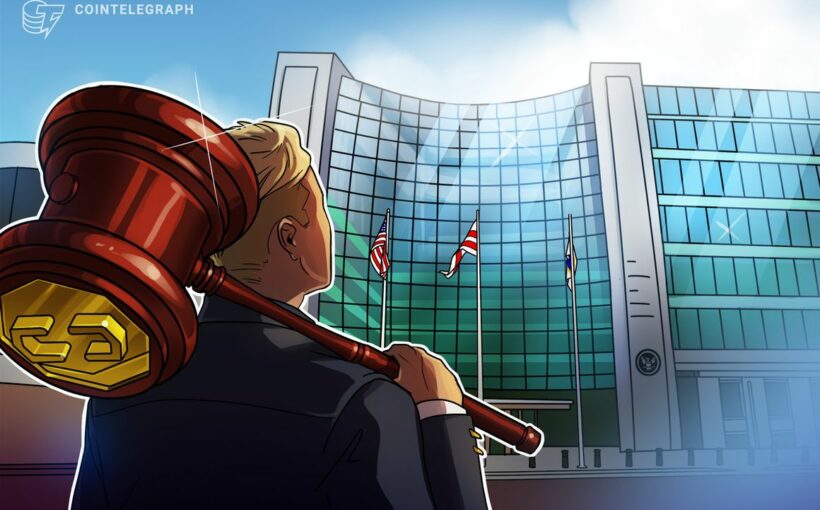Blockchain-based file-sharing and payment network LBRY appears to be reversing course on an earlier decision to wind down, deciding instead to fight a federal judge ruling in July that sided with the Securities and Exchange Commission.
On Sept. 7, LBRY filed a notice of appeal to the United States Court of Appeals for the First Circuit, seeking to appeal the final judgment entered on July 11 that ordered LBRY to pay a civil penalty and barred it from participating in unregistered offerings of crypto asset securities in the future.
“Defendant LBRY, Inc. now appeals to the United States Court of Appeals for the First Circuit this Court’s final judgment entered on July 11, 2023,” it read.
The SEC first sued developer LBRY, Inc. in March 2021, claiming that its LBRY Credit token (LBC) was sold as a security under the 1933 Securities Act.
The U.S. District Court for the District of New Hampshire granted the SEC’s motion for summary judgment against LBRY on Nov. 7, barring the platform from offering “unregistered crypto asset securities” and ordering it to pay a $111,614 civil penalty to the SEC.
The regulator originally sought a punishment of $22 million, but changed course after conceding the defunct firm couldn’t pay.
In January, LBRY founder and CEO Jeremy Kauffman told Cointelegraph that “LBRY as a company is almost certainly dead.”
Following the final judgment in July, the firm seemed to admit the same, tweeting:
“In accordance with the court’s order and our promises, we expect to spend the next several months winding LBRY Inc. down entirely.”
Related: Bad news for Ripple? LBRY judge passes ruling on if secondary crypto sales are securities
However, LBRY’s most recent move appears to be a possible change in course. It also comes amid a number of high-profile crypto industry victories against the federal regulator, including Ripple and Grayscale.
Cointelegraph contacted LBRY for further comments but had not received a response at the time of publication.
Magazine: Crypto regulation — Does SEC Chair Gary Gensler have the final say?
Source: Read Full Article
